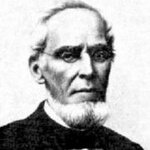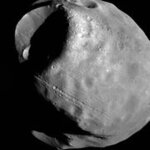
I have a secret; as much as I enjoy reading about the latest advancements in biology and physics, I sometimes like reading about the darker side of experimentation.
Most scientists have a fundamental basis for experimentation and results but then there were (and are - we'll get to them in future installments) others who ran with their own rules and avoided opposition by keeping the results mostly secret. These are the people I am referring to as 'Mad Scientists' rather than using the more colloquial 'crazy' meaning of the term.
We all know most doctors are around to help patients, for…




